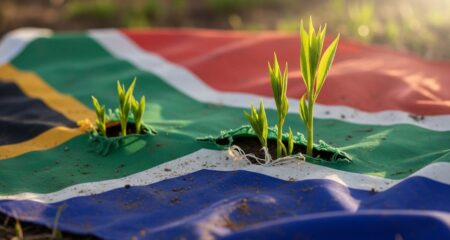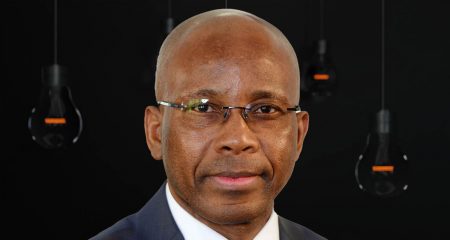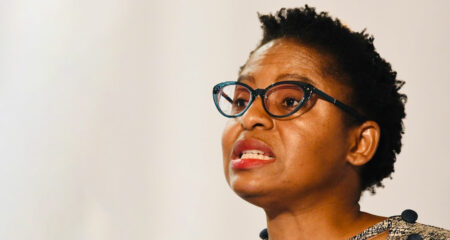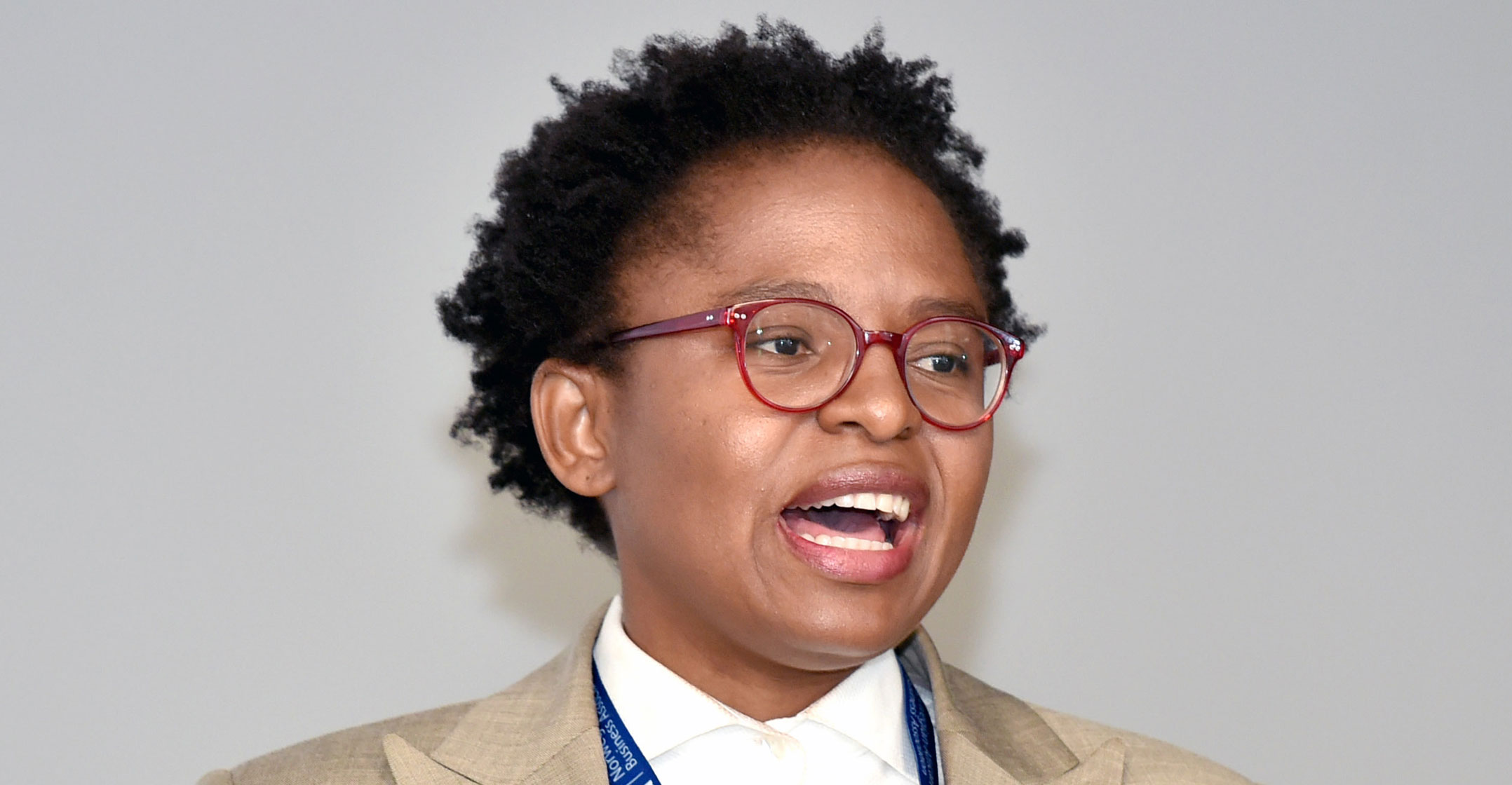
Riots that ensued after former President Jacob Zuma was jailed appeared to be easing following the deployment of additional soldiers to help the police restore stability, according to the government.
“We are seeing less incidence of violence and looting reported,” acting minister in the presidency Khumbudzo Ntshavheni told reporters in Pretoria on Wednesday. “Currently 5 000 members of the South African National Defence Force are deployed on the ground” and more than 1 700 people have been arrested, she said.
Protests erupted on 10 July after Zuma was incarcerated for defying a court order to testify before a graft inquiry and degenerated into a free-for-all in the KwaZulu-Natal and Gauteng provinces, two of the country’s main economic hubs. At least 72 people have been killed, making the uprising the deadliest since apartheid ended in 1994.
Marauding mobs have ransacked hundreds of businesses and destroyed telecommunications towers and other infrastructure, while transport networks and a programme to vaccinate people against the coronavirus have been disrupted. The government logged 208 separate incidents of violence overnight Tuesday.
Business Leadership South Africa, one of the main business lobby groups, estimates that damages amounted to more than R5-billion for the retail industry alone. More than 200 malls were targeted, over 800 stores were looted and 100 were completely burnt, its CEO, Busi Mavuso, said in an e-mailed reply to questions.
‘Economic sabotage’
Ntshavheni urged people not to resort to panic buying because there was enough food for everyone, and said the security agencies will escort vehicles carrying goods from KwaZulu-Natal’s Durban port, the country’s largest, to destinations inland to safeguard supply chains. She described the violence as “economic sabotage”.
“We are not at liberty to announce who is behind it,” she said. “If we do so we will jeopardise the investigation and possible prosecution of people.”
Some business groups have urged President Cyril Ramaphosa to give the police and army additional powers to end the violence, fearing that communities and private militias will mete out their own form of justice. Video footage published on Johannesburg-based radio station Kaya 959’s website showed private security guards firing live ammunition at a mob on Tuesday.
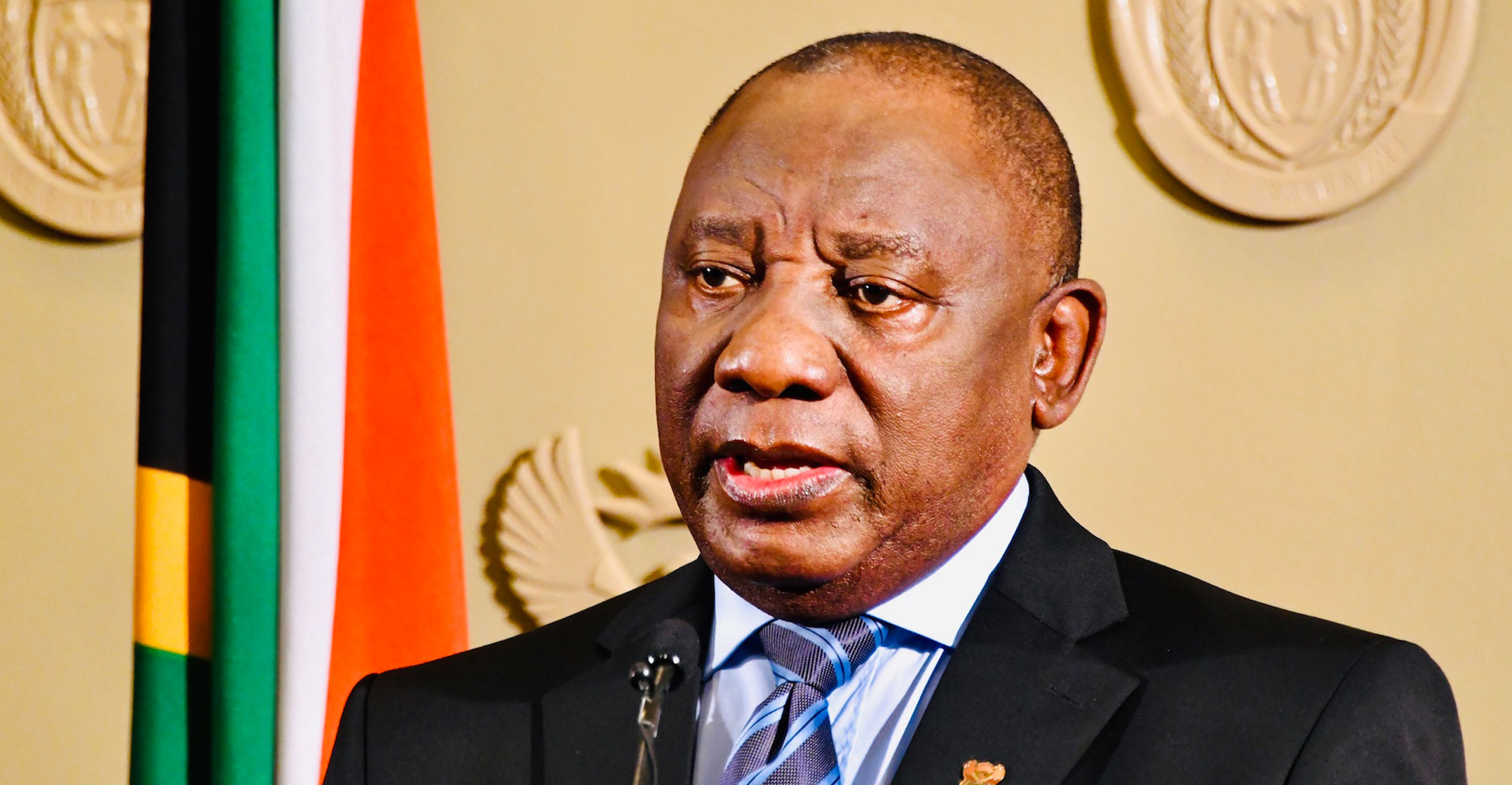
While the government has shied away from declaring a state of emergency — a measure the apartheid regime last resorted to to counter opposition to white minority rule, Ntshavheni said it could review its stance depending on how the situation evolves.
Ramaphosa’s office said he’d consulted with the leaders of religious groups, business and political parties on how best to restore stability.
“The destruction witnessed by the nation hurt all South Africans, not only those in the affected areas, and it hurt the poor, the elderly and the vulnerable the most,” the president’s office cited him as saying. “Several areas of the country may soon be running short of basic provisions following the extensive disruption of food, fuel and medicine supply chains.”
The turmoil has exacerbated economic hardship caused by the coronavirus and associated lockdowns, and rattled the financial markets. Economists from accounting firm PwC estimate that the upheaval could shave 0.4 of a percentage point from the nation’s GDP.
Paper producer Sappi, building supplies company Cashbuild and state port and freight rail operator Transnet have joined a long list of firms whose operations have been interrupted. Retailer Mr Price Group said 109 of its stores were entirely looted, and another 539 were closed. — Reported by Loni Prinsloo and Monique Vanek, (c) 2021 Bloomberg LP


